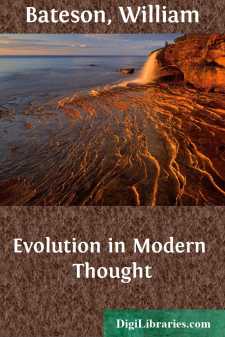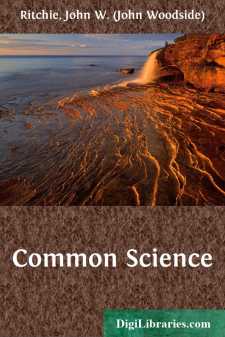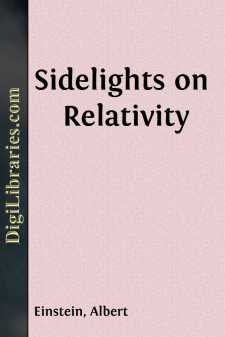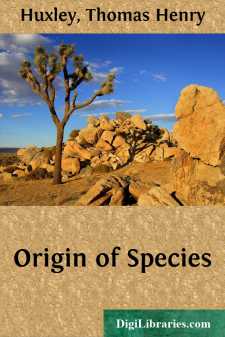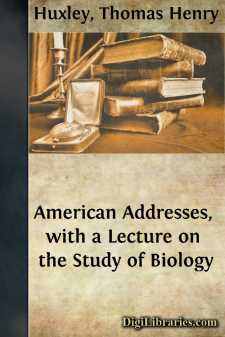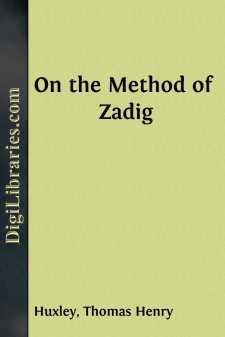Categories
- Antiques & Collectibles 13
- Architecture 36
- Art 48
- Bibles 22
- Biography & Autobiography 815
- Body, Mind & Spirit 144
- Business & Economics 28
- Children's Books 18
- Children's Fiction 14
- Computers 4
- Cooking 94
- Crafts & Hobbies 4
- Drama 346
- Education 58
- Family & Relationships 59
- Fiction 11834
- Games 19
- Gardening 17
- Health & Fitness 34
- History 1378
- House & Home 1
- Humor 147
- Juvenile Fiction 1873
- Juvenile Nonfiction 202
- Language Arts & Disciplines 89
- Law 16
- Literary Collections 686
- Literary Criticism 179
- Mathematics 13
- Medical 41
- Music 40
- Nature 179
- Non-Classifiable 1768
- Performing Arts 7
- Periodicals 1453
- Philosophy 65
- Photography 2
- Poetry 896
- Political Science 203
- Psychology 44
- Reference 154
- Religion 515
- Science 126
- Self-Help 85
- Social Science 83
- Sports & Recreation 34
- Study Aids 3
- Technology & Engineering 59
- Transportation 23
- Travel 463
- True Crime 29
Our website is made possible by displaying online advertisements to our visitors.
Please consider supporting us by disabling your ad blocker.
Evolution in Modern Thought
by: William Bateson
Description:
Excerpt
In seeking to discover Darwin's relation to his predecessors it is useful to distinguish the various services which he rendered to the theory of organic evolution.
(I) As everyone knows, the general idea of the Doctrine of Descent is that the plants and animals of the present day are the lineal descendants of ancestors on the whole somewhat simpler, that these again are descended from yet simpler forms, and so on backwards towards the literal "Protozoa" and "Protophyta" about which we unfortunately know nothing. Now no one supposes that Darwin originated this idea, which in rudiment at least is as old as Aristotle. What Darwin did was to make it current intellectual coin. He gave it a form that commended itself to the scientific and public intelligence of the day, and he won widespread conviction by showing with consummate skill that it was an effective formula to work with, a key which no lock refused. In a scholarly, critical, and pre-eminently fair-minded way, admitting difficulties and removing them, foreseeing objections and forestalling them, he showed that the doctrine of descent supplied a modal interpretation of how our present-day fauna and flora have come to be.
(II) In the second place, Darwin applied the evolution-idea to particular problems, such as the descent of man, and showed what a powerful organon it is, introducing order into masses of uncorrelated facts, interpreting enigmas both of structure and function, both bodily and mental, and, best of all, stimulating and guiding further investigation. But here again it cannot be claimed that Darwin was original. The problem of the descent or ascent of man, and other particular cases of evolution, had attracted not a few naturalists before Darwin's day, though no one [except Herbert Spencer in the psychological domain (1855)] had come near him in precision and thoroughness of inquiry.
(III) In the third place, Darwin contributed largely to a knowledge of the factors in the evolution-process, especially by his analysis of what occurs in the case of domestic animals and cultivated plants, and by his elaboration of the theory of Natural Selection which Alfred Russel Wallace independently stated at the same time, and of which there had been a few previous suggestions of a more or less vague description. It was here that Darwin's originality was greatest, for he revealed to naturalists the many different forms—often very subtle—which natural selection takes, and with the insight of a disciplined scientific imagination he realised what a mighty engine of progress it has been and is.
(IV) As an epoch-marking contribution, not only to Ætiology but to Natural History in the widest sense, we rank the picture which Darwin gave to the world of the web of life, that is to say, of the inter-relations and linkages in Nature. For the Biology of the individual—if that be not a contradiction in terms—no idea is more fundamental than that of the correlation of organs, but Darwin's most characteristic contribution was not less fundamental,—it was the idea of the correlation of organisms. This, again, was not novel; we find it in the works of naturalists like Christian Conrad Sprengel, Gilbert White, and Alexander von Humboldt, but the realisation of its full import was distinctly Darwinian....


